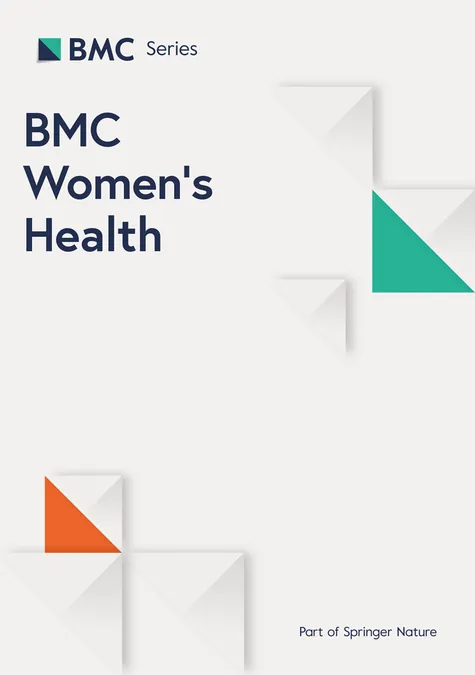
Surprising Connections Revealed: Age and Type of Menopause Linked to Cardiovascular Disease in Women!
2024-11-26
Author: Mei
Introduction
Cardiovascular disease (CVD) stands as the leading cause of death among women globally. Understanding sex-specific risk factors associated with CVD is critical, especially as studies show that menopause plays a pivotal role in this concerning health issue. A recent cross-sectional study conducted as part of the Rafsanjan Cohort Study in Iran explored the relationship between the type of menopause, the age at which menopause occurs, and the incidence of cardiovascular diseases and coronary heart disease (CHD).
Study Overview
This comprehensive study analyzed data from 1,767 postmenopausal women aged 35 to 70, assessing the links between their age and type of menopause and the prevalence of CVD. Women were categorized based on menopause age groups (< 40 years, 40–44 years, 45–49 years, and ≥ 50 years), as well as menopause types—natural or induced (due to surgery or chemotherapy). The evaluation relied on self-reported data to gauge instances of cardiovascular events.
Key Findings
The results were striking. Women who experienced menopause before 40 years were seen to have a whopping 2.66 times higher odds of developing CVD compared to those entering menopause at 40 years or older. Similarly, those who underwent induced menopause faced 44% increased odds of CVD relative to their peers with natural menopause. This increase was equally alarming when looking at coronary heart disease—early menopause and induced menopause were correlated with significant elevations in risk.
Interestingly, the increase in odds remained even after adjusting for other known cardiovascular risk factors such as age, education, socioeconomic status, and physical activity.
Why Does This Happen?
The underlying processes that contribute to the increased risk include a decrease in estrogen levels, which plays a protective role against atherosclerosis—the buildup of fats, cholesterol, and other substances in and on the artery walls. The effects of early or induced menopause prompt changes in cholesterol levels, increase in blood pressure, and other metabolic changes that heighten cardiovascular vulnerability.
Global Implications
CVD claims the lives of approximately 50% of women who develop it, contributing to various outcomes like ischemic heart disease and strokes. The findings from this study underline the crucial need for healthcare professionals and policymakers to recognize early and induced menopause as substantial risk factors for cardiovascular diseases.
A global rise in women experiencing premature and early menopause necessitates urgent attention, as trends suggest that nearly 3.7% of women undergo premature menopause, impacting millions worldwide.
Call to Action
The implications of this study are vast. They highlight a need for proactive health screening practices to monitor cardiovascular health among postmenopausal women, particularly those undergoing early or induced menopause. It’s essential to prioritize awareness and develop preventive strategies for these at-risk populations.
Conclusion
As our understanding of the health impacts of menopause deepens, studies like the Rafsanjan Cohort Study shed light on critical intersections in women's health. The focus on type and age of menopause not only adds layers to our understanding of cardiovascular risks but also calls for more robust health policies aimed at prevention and intervention for women at risk.
Stay Informed
Don’t take your cardiovascular health for granted! If you or someone you know is approaching menopause or struggling with its early onset, consider consulting a healthcare professional to discuss risk factors and proactive health measures. Your heart's health is paramount!
 Brasil (PT)
Brasil (PT)
 Canada (EN)
Canada (EN)
 Chile (ES)
Chile (ES)
 Česko (CS)
Česko (CS)
 대한민국 (KO)
대한민국 (KO)
 España (ES)
España (ES)
 France (FR)
France (FR)
 Hong Kong (EN)
Hong Kong (EN)
 Italia (IT)
Italia (IT)
 日本 (JA)
日本 (JA)
 Magyarország (HU)
Magyarország (HU)
 Norge (NO)
Norge (NO)
 Polska (PL)
Polska (PL)
 Schweiz (DE)
Schweiz (DE)
 Singapore (EN)
Singapore (EN)
 Sverige (SV)
Sverige (SV)
 Suomi (FI)
Suomi (FI)
 Türkiye (TR)
Türkiye (TR)
 الإمارات العربية المتحدة (AR)
الإمارات العربية المتحدة (AR)